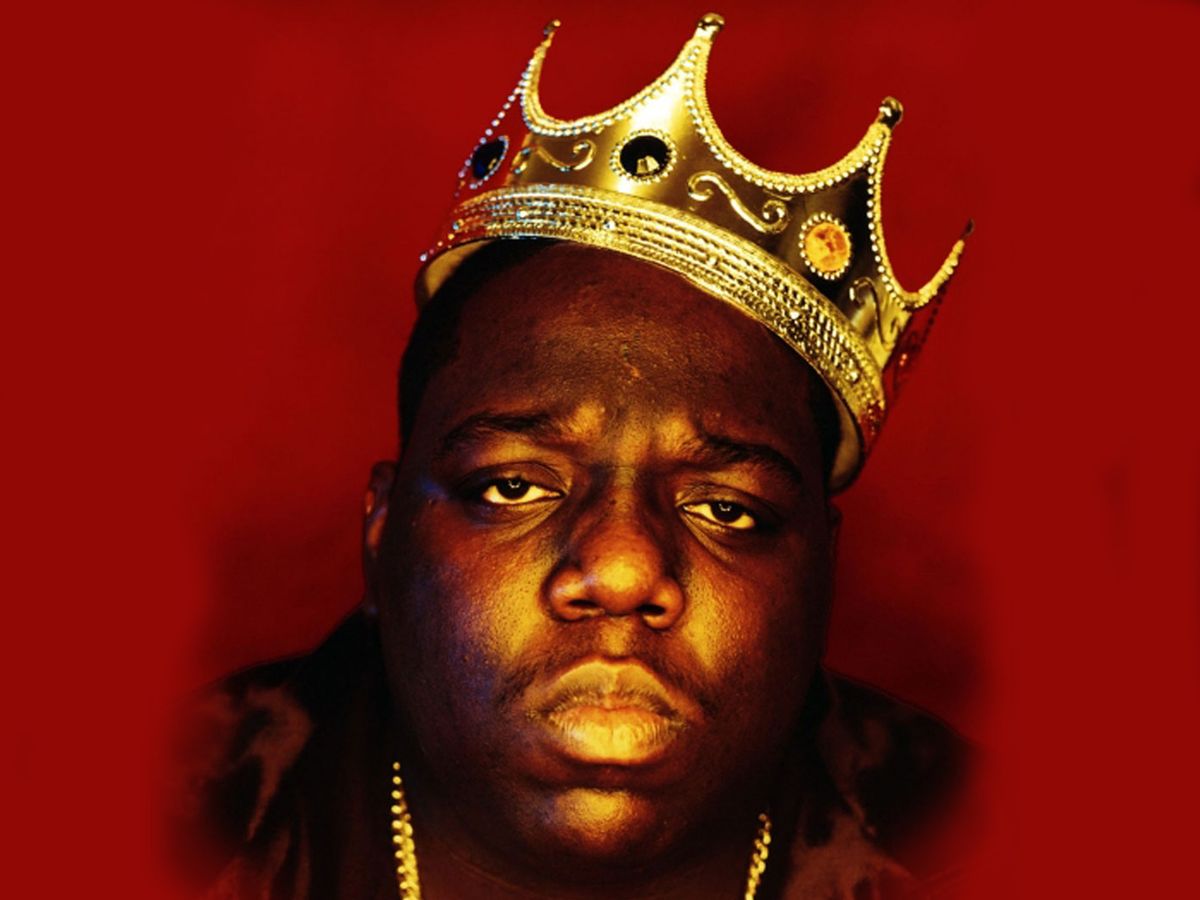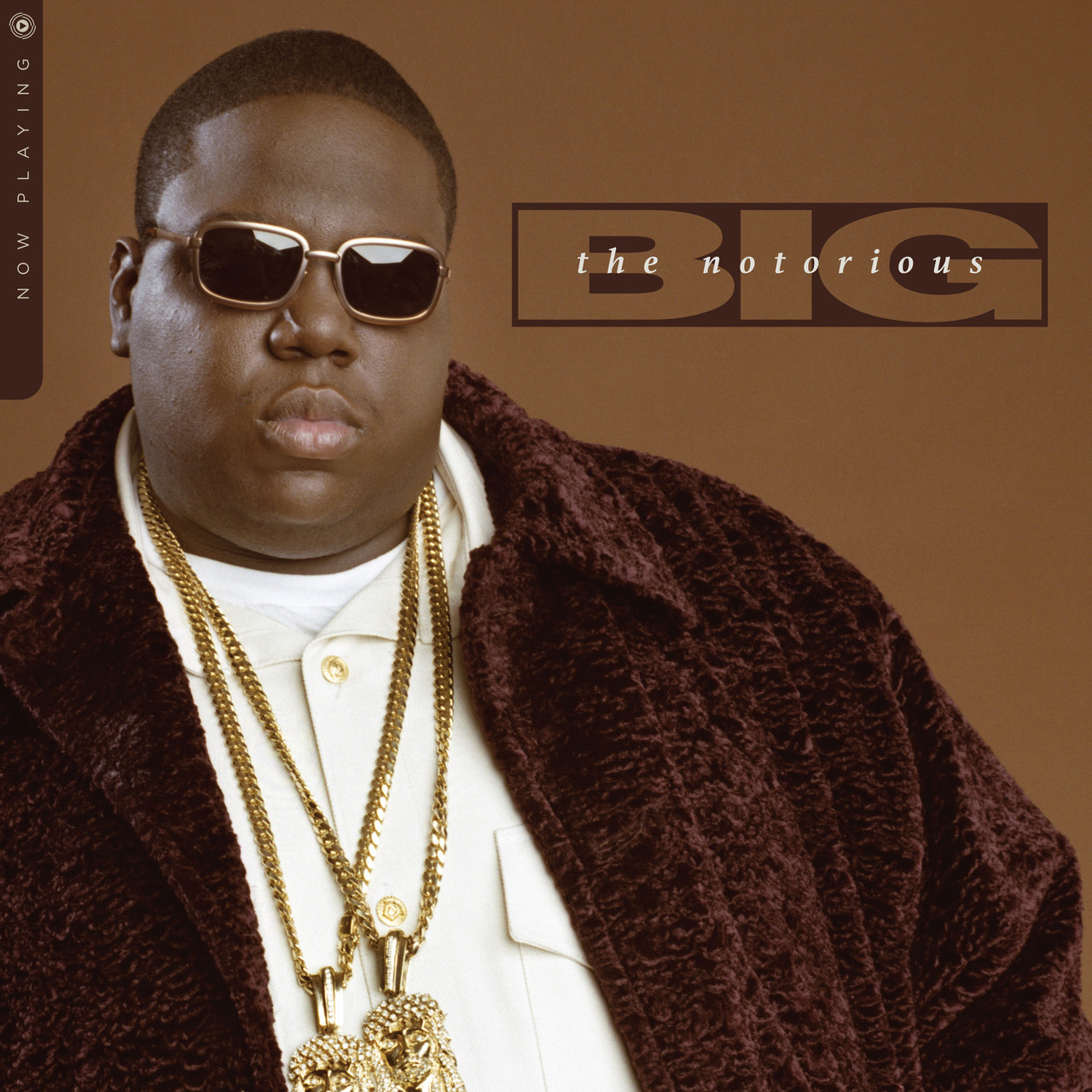When you think about figures who truly changed the sound of music, especially in the world of rap, one name often comes to mind: Christopher Wallace, better known as The Notorious B.I.G. His presence, his voice, and the stories he told through his songs left a huge mark on people, and so, his influence still feels very real even today.
Born in Brooklyn, New York, on May 21, 1972, this artist, sometimes called Biggie Smalls or simply Biggie, quickly became a voice for many. He rose from humble beginnings to become someone widely considered one of the most important voices in music. His way with words, his flow, it just captured something special, you know? It really made you listen.
His time making music, though shorter than anyone would have wished, was full of memorable moments, big rivalries, and songs that many still listen to and feel connected to. This piece will take a closer look at the life he lived, the music he made, and the lasting impact of The Notorious B.I.G.
Table of Contents
- A Life Story - Christopher Wallace, The Notorious B.I.G.
- Who Was The Notorious B.I.G.? Getting to Know Christopher Wallace
- How Did The Notorious B.I.G. Become So Well-Known?
- The Sound of The Notorious B.I.G. - What Made His Music Stand Out?
- Rivalries and Creative Partnerships in the World of The Notorious B.I.G.
- What Films and Videos Show the Story of The Notorious B.I.G.?
- The Lasting Mark - Why Does The Notorious B.I.G. Still Matter?
- The Unsettling End - What Happened to The Notorious B.I.G.?
A Life Story - Christopher Wallace, The Notorious B.I.G.
Christopher George Latore Wallace, the person many came to know as Biggie Smalls or The Notorious B.I.G., first came into the world on May 21, 1972. His early days were spent in Brooklyn, New York, a place that would definitely shape his perspective and the stories he would later tell through his art. His parents, who were from Jamaica, provided the foundation for his upbringing. His mother, Voletta, spent her days teaching young children in preschool, while his father, Selwyn, worked with metal as a welder. This background, you know, gave him a very real view of life, something that later poured into his words.
Who Was The Notorious B.I.G.? Getting to Know Christopher Wallace
To truly get a sense of the person behind the legend, it helps to look at some key details about Christopher Wallace. He had a way of connecting with people, you see, and a big part of that came from his very real experiences growing up. His path was, in some respects, a common one for many trying to make it big from where he came from, but his talent was something quite unique.
| Detail | Information |
|---|---|
| Full Name | Christopher George Latore Wallace |
| Born | May 21, 1972 |
| Birthplace | Brooklyn, New York, U.S. |
| Died | March 9, 1997 |
| Death Location | Los Angeles, California |
| Known As | Biggie Smalls, The Notorious B.I.G., Biggie |
| Parents | Voletta Wallace (Mother), Selwyn George Latore (Father) |
| Mother's Job | Preschool Teacher |
| Father's Job | Welder |
| Nationality | American |
How Did The Notorious B.I.G. Become So Well-Known?
The journey of The Notorious B.I.G. from his early days to becoming a household name is, quite frankly, a story of pure talent meeting opportunity. Before he was selling millions of records, he spent time on the streets, making a living in ways that were, you know, a bit rough around the edges. This period of his life, though challenging, gave him a lot of material for his future songs, allowing him to paint very real pictures with his words. His ability to tell a story, to make you feel like you were right there with him, was something special, and that’s really what started to get people talking about him.
As he began to share his voice, people quickly recognized that he had a gift. His lyrical style, the way he put words together, it was just different. He could switch up his pace, make rhymes that sounded effortless, and yet, they carried a lot of weight. This unique sound, this way of speaking his truth, quickly caught the ear of important figures in the music business. It wasn't long before he was signing deals and putting out records that would change the soundscape of popular music. He truly rose to a level of fame that few ever reach, all because of the genuine talent he possessed.
The Sound of The Notorious B.I.G. - What Made His Music Stand Out?
When you listen to the music of The Notorious B.I.G., there's a certain feeling you get, a particular rhythm and storytelling that just sticks with you. People often say he was one of the most important rappers of all time, and that's because his songs had a depth and a flow that few others could match. He had a way of making every word count, painting pictures in your mind with his voice. It's almost as if he was having a conversation with you, rather than just performing. This genuine connection, you know, made his work really special.
His tracks often explored life in a way that was both raw and incredibly poetic. He could be tough, but also show a vulnerability that was quite rare for the time. For instance, a song like "Just Playing (Dreams)" from 1993, even early on, showed his ability to play with words and ideas in a fresh way. People still talk about his best 25 songs, which include times he worked with others and even just appeared on their tracks. His ability to adapt, to fit into different musical settings while still sounding completely like himself, was a big part of why his music continues to resonate with so many listeners. He had a distinct style, one that many have tried to imitate but few have truly mastered.
Rivalries and Creative Partnerships in the World of The Notorious B.I.G.
The story of The Notorious B.I.G.'s career isn't just about his own songs; it also involves some very public disagreements and some really close creative bonds. One of the most talked-about parts of his time in the spotlight was his rivalry with another well-known artist, Tupac. This back-and-forth, you know, became a huge part of the music scene at the time, and it sadly had a very serious outcome. It was a period of intense feelings and words exchanged through songs, which definitely captured the attention of many people who followed the music.
On the flip side, Biggie also had important creative relationships. He worked closely with other artists, helping them shape their sound. For example, he spent time writing words for Lil' Kim, helping her find her voice and style. These collaborations, these moments of working together, show another side of his talent – not just as a performer, but as someone who could help others shine. It really highlights his skill as a writer, a person who could craft words for different voices and different purposes, which is a pretty unique ability to have, actually.
What Films and Videos Show the Story of The Notorious B.I.G.?
For those who want to see more of The Notorious B.I.G.'s story beyond his music, there are a few visual projects that bring his life and legacy to the screen. You can find official music videos that have been updated to look really clear, sometimes in 4k or HD. These videos, often put together by people like Hype Williams and Sean "Puffy" Combs, help you see the artistry that went into presenting his songs. They really show the visual side of his work, which, you know, was a big part of how he connected with his audience.
Beyond the music videos, there's also a movie that tells his life and death story. This film, directed by George Tillman Jr., features actors like Jamal Woolard, Momo Dione, Derek Luke, and Dennis L.A. playing the parts of people in his life. It gives viewers a chance to learn about how he came to be so well-known, the challenges he faced, and the people around him. It's a way to get a broader sense of who Christopher Wallace was, and the events that shaped his journey, which is pretty interesting to see played out, you know, on a bigger stage.
The Lasting Mark - Why Does The Notorious B.I.G. Still Matter?
Even though his time making music was cut short, the impact of The Notorious B.I.G. on the music world, and on culture in general, is still felt very strongly today. Many people consider him to be one of the best to ever do it, and that's not just talk. His style, his way of putting words together, and the stories he shared have inspired countless artists who came after him. His music has a certain timeless quality, too; it sounds just as relevant and powerful now as it did when it first came out. It's almost like his voice found a way to live on, even after he was gone.
He really set a standard for storytelling in music, for being authentic and raw in a way that resonated with so many listeners. The way he could go from a tough street tale to something more reflective, that range was pretty amazing. His influence can be heard in the flow of newer artists, in the topics they choose to talk about, and in the overall approach to making music that truly connects with people. His legacy, you know, isn't just about the records he sold or the awards he won; it's about the way he changed the game for everyone who followed, and that's a pretty big deal, honestly.
The Unsettling End - What Happened to The Notorious B.I.G.?
The story of Christopher Wallace, The Notorious B.I.G., has a very sad and sudden ending that shook the music world and beyond. On March 9, 1997, his life was taken in Los Angeles, California, when he was shot and killed. This event, you know, left many questions unanswered and created a lasting sense of loss for his fans and family. It was a moment that truly changed the course of music history, leaving a void that many felt could never truly be filled. The suddenness of it all was, well, pretty shocking for everyone.
His death, which happened far too soon, meant that a voice that had so much more to say was silenced. People still talk about the circumstances surrounding that night, and there's a lot of discussion about what happened and why. His passing at such a young age, just 24 years old, really highlighted the fragile nature of life, especially for those living in the public eye. The music he left behind, however, continues to be a powerful reminder of the talent that was lost that day, and that's something that listeners still connect with, very much so.


